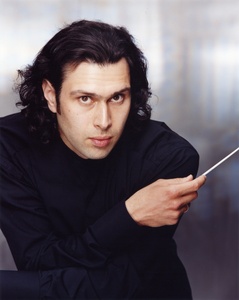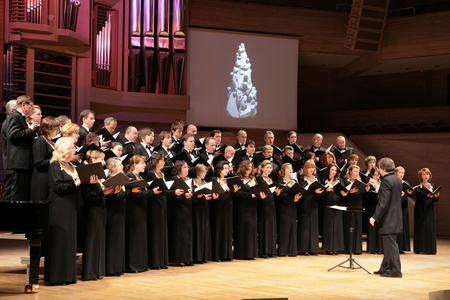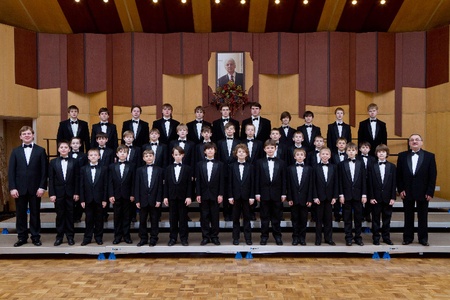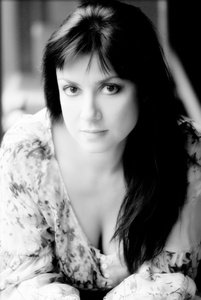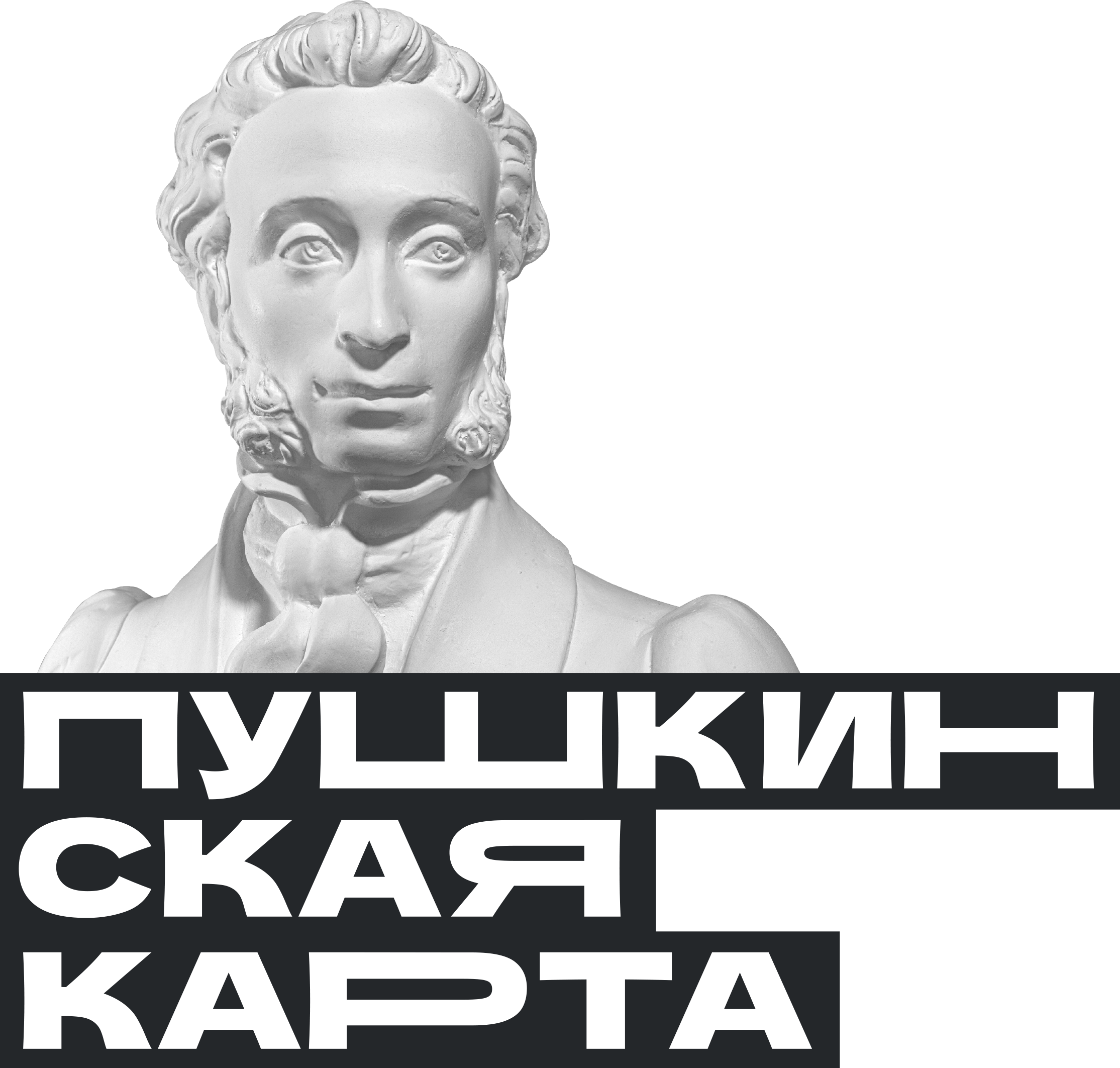London Symphony Orchestra
Vladimir Jurowski, conductor
Yurlov Russian State Academic Choir
Boys Choir of the Sveshnikov Choir College
Alexandrina Pendatchanska (soprano, Bulgary)
Ian Bostridge (tenor)
Program:
Britten

Vladimir Jurowski
One of today’s most sought-after conductors, acclaimed worldwide for his incisive musicianship and adventurous artistic commitment, Vladimir Jurowski was born in Moscow in 1972, and completed the first part of his musical studies at the Music College of the Moscow Conservatory. In 1990 he relocated with his family to Germany, continuing his studies at the Musikhochschule of Dresden and Berlin, studying conducting with Rolf Reuter and vocal coaching with Semion Skigin. In 1995 he made his international debut at the Wexford Festival conducting Rimsky-Korsakov’s May Night, and the same year saw his debut at the Royal Opera House Covent Garden with Nabucco.
Jurowski is Chief Conductor and Artistic Director of the Rundfunk-Sinfonieorchester Berlin. He takes up the position of General Music Director of the Bayerische Staatsoper in Munich from the 2021/22 season, stepping down from his highly-acclaimed fifteen year tenure as Principal Conductor of the London Philharmonic Orchestra, to become their Conductor Emeritus. In addition he holds the titles of Principal Artist of the Orchestra of the Age of Enlightenment, and Artistic Director of the George Enescu International Festival, Bucharest. He has previously held the positions of First Kapellmeister of the Komische Oper Berlin (1997–2000), Principal Guest Conductor of the Teatro Comunale di Bologna (2000–2003), Principal Guest Conductor of the Russian National Orchestra (2005–2009), Music Director of Glyndebourne Festival Opera (2001–2013) and Artistic Director of the Russian State Academic Symphony Orchestra (2011–2021).
Vladimir Jurowski enjoys close relationships with the world’s most distinguished artistic institutions, and has collaborated with many of the world’s leading orchestras including the Chamber Orchestra of Europe, the Royal Concertgebouw Orchestra, the Staatskapelle Dresden, the Gewandhausorchester Leipzig, the Cleveland and Philadelphia Orchestras, New York Philharmonic, Chicago and Boston Symphonies, and the Berlin and Vienna Philharmonic Orchestras. He is a regular guest at the BBC Proms, Musikfest Berlin, and the Dresden, Lucerne, Schleswig Holstein, Grafenegg and Rostropovich Festivals.
A committed operatic conductor, Jurowski’s recent highlights include Die Frau ohne Schatten in Berlin and Bucharest with the Rundfunk-Sinfonieorchester, semi-staged performances of Wagner’s Das Rheingold, Die Walkure and Siegfried with the London Philharmonic, Wozzeck, Der Rosenkavalier and Prokofiev’s The Fiery Angel at the Bayerische Staatsoper, Henze’s The Bassarids and Schoenberg’s Moses und Aron at the Komische Oper Berlin, his acclaimed debut at the Salzburg Festival with Wozzeck, and his first return to Glyndebourne as a guest conductor, in the world premiere production of Brett Dean’s Hamlet. He has conducted Parsifal at the Welsh National Opera, War and Peace at the Opera National de Paris, Eugene Onegin at Teatro alla Scala Milan, Ruslan and Ludmila at the Bolshoi Theatre, and Iolanta and Der Teufel von Loudon at the Semperoper Dresden, as well as Die Zauberflöte, La Cenerentola, Otello, Macbeth, Falstaff, Tristan und Isolde, Die Meistersinger von Nurnberg, Don Giovanni, The Rake’s Progress, The Cunning Little Vixen, Ariadne auf Naxos and Peter Eötvös’ Love and Other Demons at Glyndebourne Opera.
In the 2021/22 season, Jurowski returns to the Staatskapelle Dresden, conducts new productions of Shostakovich’s The Nose, and Penderecki’s Die Teufel von Loudun at the Bayerische Staatsoper, and showcases a wealth of symphonic repertoire from Mozart, Liszt, Enescu and Elgar, to Suk, Britten, Nikodijevic and Firsova, with particular focuses on Stravinsky, Prokofiev and Bruckner with the Rundfunk-Sinfonieorchester, and Shostakovich and Mahler with the Bayerisches Staatsorchester.
Jurowski’s discography with the London Philharmonic Orchestra includes the complete symphonies of Brahms and Tchaikovsky, and works ranging from Haydn and Beethoven, through Mahler, Zemlinsky, Holst, Rachmaninov, and Szymanowski, to Turnage, Denisov, Martynov and Silvestrov. For Pentatone Records he has recorded Schnittke’s Third Symphony, Mahler’s Totenfeier and Das Lied von der Erde, and Strauss’s Also Sprach Zarathustra with the Rundfunk-
Sinfonieorchester Berlin, Tchaikovsky’s ballets and an ongoing series of Prokofiev symphonies with the State Academic Symphony of Russia and a series of Russian works with the Russian National Orchestra, and for Hyperion works by Mendelssohn and Mahler with the Orchestra of the Age of Enlightenment, and Shostakovich’s violin concertos with the State Academic Symphony of Russia. His tenure as Music Director at Glyndebourne has been documented in numerous CD and DVD releases including award-winning productions of Tristan und Isolde, Die Meistersinger von Nurnberg, Ariadne auf Naxos, Falstaff, La Cenerentola, Rachmaninov’s The Miserly Knight and Prokofiev’s Betrothal in a Monastery. Other DVD releases include Hansel und Gretel from the Metropolitan Opera New York, his first concert as London Philharmonic Orchestra’s principal conductor featuring works by Wagner, Berg and Mahler, and DVDs with the Orchestra of the Age of Enlightenment (Beethoven symphonies 4 and 7) and the Chamber Orchestra of Europe (Strauss and Ravel), all released by Medici Arts.
Yurlov Russian State Academic Choir
The Yurlov Russian State Academic Choir is a world-famous Russian choir, and one of the oldest music ensembles in Moscow.
Although the Choir celebrated the 100th anniversary of its official history in the 2018/19 season, the prehistory of the company dates back to 1900, when the church choir master Ivan Yukhov founded a family singing ensemble in the town of Shchelkovo near Moscow. At the turn of the 19th and 20th centuries, Moscow saw a lot of emerging art associations like Moscow Art Theater or Pyatnitsky Russian Folk Choir. Yukhov’s amateur choir had become widely known long before the 1917 revolution for performing sacred music, folk songs, choral, vocal, and symphonic works by Russian and Western European composers.
After the revolution, the choir was nationalized by the Soviet authorities, and in January 1919 it received the official status of the First State Choir. Apart from touring extensively, the increasingly popular ensemble was also involved in cultural projects of the young Soviet state. In particular, they recorded soundtracks for such famous films as Jolly Fellows, The Circus, We are from Kronstadt, and Volga Volga.
Appointing Alexander Yurlov (1927–1973) to head the company in 1958 was a landmark event in its history. With this outstanding conductor, the Choir ranked among the country’s best musical groups in the 1960s. The company collaborated with the renowned Russian composers Sviridov and Shostakovich and premiered works by Rubin and Shchedrin. Alexander Yurlov deserves credit for reviving the tradition of concert performances of Russian Orthodox church music. Yurlov was succeeded by Yuri Ukhov and Stanislav Gusev, talented musicians, conductors and choirmasters who enhanced the popularity of the Choir.
Since 2004, the Choir has been headed by Gennady Dmitryak, People’s Artist of Russia, professor, one of Russia’s top choral, opera and symphony conductors. A musician of great energy, Gennady Dmitryak meets daunting challenges confidently, while launching unique art projects. With him, the Choir ran Kremlins and Temples of Russia, and Holy Love, festivals reviving the traditions of major vocal and choral educational programs. In the spring of 2014, the company was closely involved in the 22nd Winter Olympic Games and 11th Winter Paralympic Games in Sochi. In the 2018/2019 anniversary season, the Choir held a music festival with concerts in Moscow, Sevastopol, Kurgan, Chelyabinsk, Tyumen, Surgut, Khanty-Mansiysk, as well as in France.
The Choir often tours throughout Russia from Magadan to Kaliningrad. The company led by Gennady Dmitryak has appeared triumphantly in Spain, Greece, Great Britain, the Republic of Belarus, Armenia, Poland, Ukraine, North Korea and in the Baltic countries. The team is a regular guest of leading music festivals. Symphony conductors collaborating with the Choir include Yuri Bashmet, Valery Gergiev, Vladimir Fedoseev, Dmitri Jurowski, Vladimir Jurowski, Mikhail Pletnev, Pavel Kogan, Teodor Currentzis, Sergey Skripka, Alexander Sladkovsky, and Yuri Simonov. The ensemble is widely known for their brilliant interpretations of music by Bortnyansky, Berezovsky, Kastalsky, Grechaninov, Chesnokov, Rachmaninoff, and Sviridov. The Choir’s repertoire includes virtually all of the Russian and Western European cantatas and oratorios, from Bach’s High Mass to works by Britten, Bernstein, Shostakovich, Schnittke, Kancheli and Tavener.
A unique project of the Choir was recording the complete choral works by Sviridov commemorating the 100th anniversary of the composer’s birth. In 2019, the project won the Pure Sound International Award for the best recording of Russian academic music in Choral category.
On May 31, 2019, the Choir was awarded the Commendation of the President of the Russian Federation ‘for merits in developing national culture and art and years of fruitful activities.’
(Press Service of the Choir)
Boys Choir of the Sveshnikov Choir College
Руководители хора и дирижеры:
Заслуженный артист России Александр Шишонков
Алексей Петров
Андрей Герасименко
«Точные, блестящие, богатые обертонами, превосходно артикулирующие» (Badische Neue Nachrichten), «уникальная голосовая культура с опорой на великолепный материал» (Kolnische Rundschau), «настоящее музыкальное пиршество высшего качества» (Arena Alva) – так немецкая пресса оценила Хор мальчиков – вечно юный и одновременно самый старший из всех концертных коллективов Академии хорового искусства имени В.С. Попова.
Дата рождения хора – военный 1944 год, когда выдающийся русский музыкант-просветитель Александр Васильевич Свешников основал Московское хоровое училище для обучения мальчиков и юношей, из которых и воспитал знаменитый в будущем коллектив. Звучание этого хора стало со временем эталоном высокого искусства.
История Хора мальчиков богата именами и событиями. Из стен хорового училища за 67 лет выпущено около пятисот профессионалов-музыкантов, которые вносили и вносят в настоящее время серьезный вклад в развитие музыкальной культуры России. Среди них дирижеры – Александр Юрлов, Владимир Минин, Борис Куликов, Евгений Тытянко, Игорь Раевский, Леонид Николаев, Эдуард Серов, композиторы – Родион Щедрин, Александр Флярковский, Ростислав Бойко, Владислав Агафонников, Валерий Кикта, Эдуард Артемьев, певцы – Михаил Никифоров, Всеволод Гривнов, Дмитрий Корчак, Василий Ладюк, Николай Диденко и многие другие.
Вдохновленные ангельским звучанием детских голосов, для хора писали музыку Прокофьев и Шостакович, с ним выступали в концертах знаменитые дирижеры — Николай Голованов, Евгений Мравинский, Самуил Самосуд, Кирилл Кондрашин — и всегда охотно пели выдающиеся артисты – 3ара Долуханова, Иван Петров, Ирина Архипова, Иван Козловский, Дмитрий Хворостовский, Анна Нетребко.
Новый творческий подъем коллектив пережил в 70-х годах, когда его возглавил ученик А.В. Свешникова, выдающийся мастер хорового дела Виктор Сергеевич Попов, который создал на базе училища уникальное учебное заведение, не имеющее аналогов в мире – Академию хорового искусства.
С созданием Академии Хор мальчиков стал частью единого хора Академии и в то же время остался самостоятельным творческим коллективом.
В настоящее время хор мальчиков Хорового училища продолжает интенсивную концертную деятельность. С ним охотно сотрудничают такие известные дирижеры, как Владимир Федосеев, Владимир Спиваков, Михаил Плетнёв и многие другие. Наряду с этим хор мальчиков регулярно выступает с сольными программами как в России, так и за рубежом, концертирует в составе сводного хора Академии на международных фестивалях во Франции, Германии, Швейцарии, Японии.
Сегодня Хор мальчиков – достояние и гордость российской музыкальной культуры, основа исполнительских сил Академии хорового искусства имени В.С. Попова, ее будущее. Выступления юных музыкантов приумножают художественные традиции и славу русской вокальной школы.

